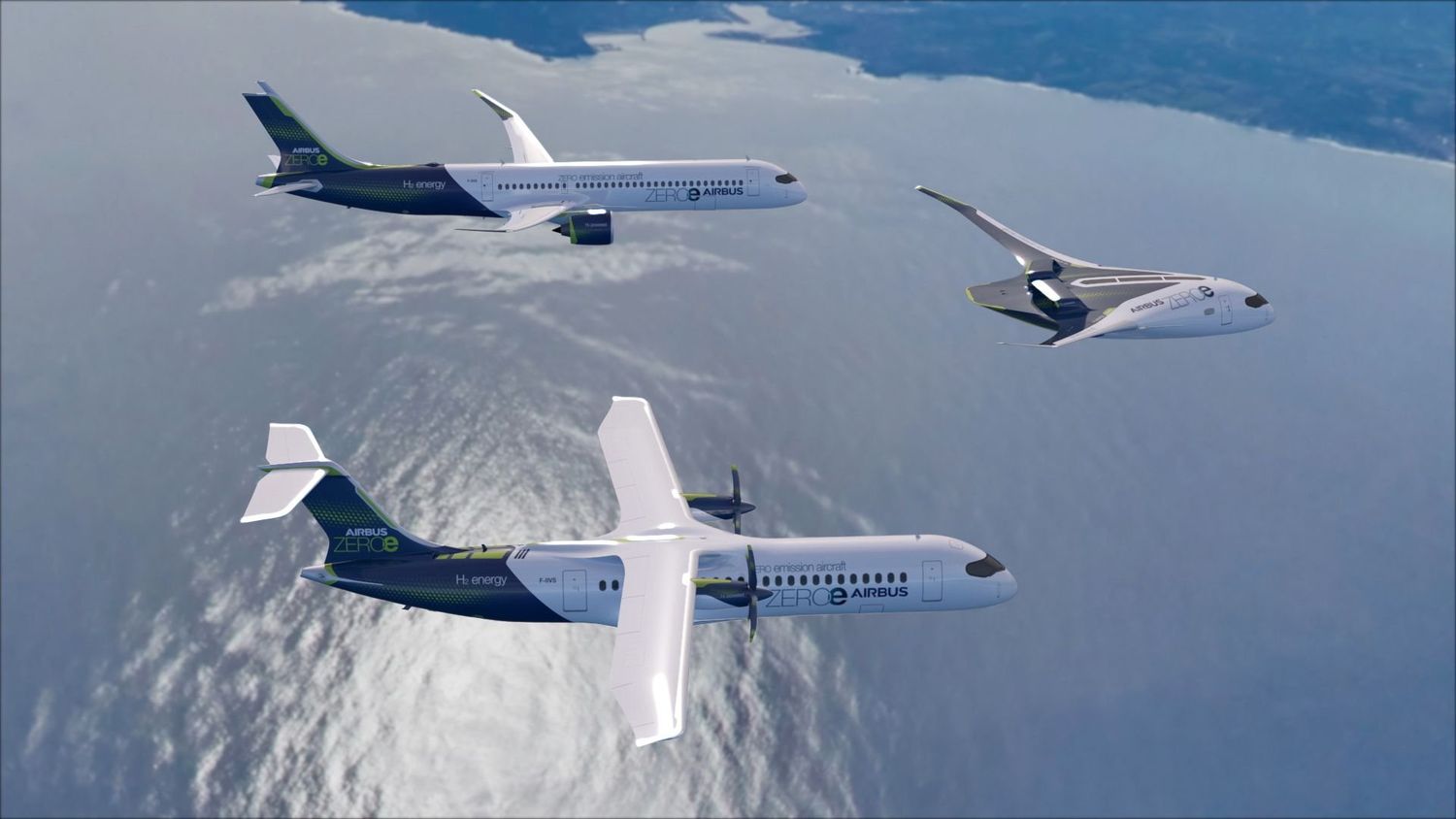Airbus, Avinor, SAS, Swedavia, and Vattenfall have signed a Memorandum of Understanding (MoU) to explore the feasibility of establishing a hydrogen infrastructure at airports in Sweden and Norway. The objective is to facilitate the development of a hydrogen aviation ecosystem in these countries.
The initiative will determine the criteria for selecting airports to transition to hydrogen-powered aircraft and establish the regulatory framework. «Hydrogen stands out as a key step toward a sustainable aviation future,» said Guillaume Faury, CEO of Airbus, adding that «Norway and Sweden have great potential for hydrogen production from renewable energy sources. This cooperation aligns perfectly with our strategy to implement hydrogen aviation ecosystems.» In turn, Abraham Foss, CEO of Avinor, stated, «Hydrogen is emerging as a key energy carrier in future fossil-free aviation. Our company, owner, and operator of 43 airports in Norway, looks forward to contributing to advancing this work.»
Related Content: Airbus to test a fully hydrogen-powered auxiliary power unit
Anna Borg, President and CEO of Vattenfall, added, «We want to facilitate the decarbonization of the industry. Aviation is a challenging industry to decarbonize, and this collaboration demonstrates a willingness for change.» Anko van der Werff, President and CEO of SAS, concluded by stating, «Partnering with industry leaders propels our transition toward zero-carbon emissions.»
The use of hydrogen to power future aircraft is expected not only to significantly reduce emissions but also to contribute to the decarbonization of ground-based air transportation activities. In 2020, Airbus introduced the first ZEROe concept, with the ambition to bring the first commercial hydrogen-powered aircraft to market by 2035. The company also launched the «Hydrogen Hub at Airports» program to drive research on low-emission airport infrastructure and operations requirements.


Comentarios
Para comentar, debés estar registrado
Por favor, iniciá sesión